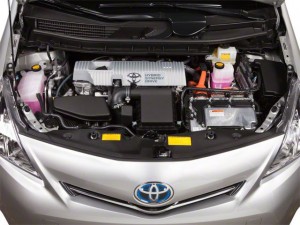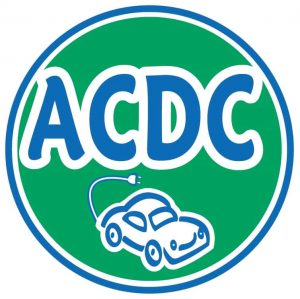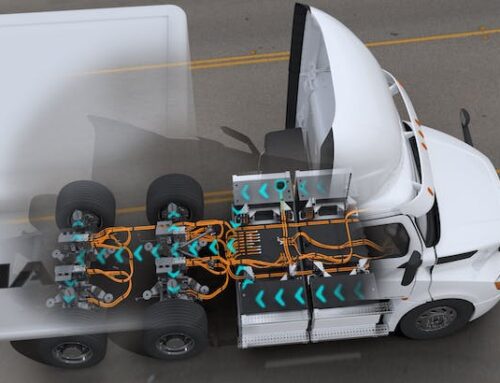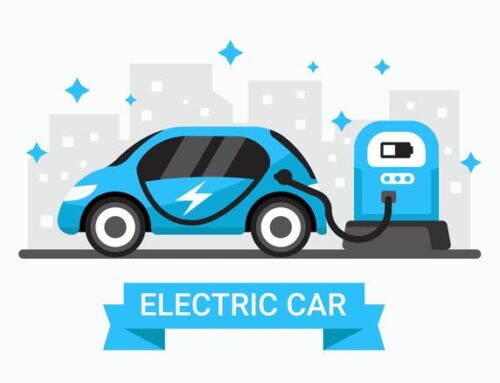Reducing Come Backs and Stress 
As a Shop Owner or Manager, a “come back” can be the worst part of your day. I remember a time when my new tech left the dipstick on the bench. Delivered the car and the customer was really upset. I was as well, but I needed to make it right for the customer and also make plan to keep those types of mistakes from hurting our reputation. We told everyone we “Fix it the First Time”, but we didn’t. How do you handle this with your employees, all of them, not just the tech?
After some thought back in 1984 (the shop was opened in 1977), I came up with this idea. Before the tech closes the hood for the last time, they must ask for a “Hood Check”. In my shop it was simple. A tech just yelled out “Hood Check,” and someone – could be most any employee – came over. What were they looking at the hood? Anything that looked off. This process, that took all of two minutes, was to ensure that everything was OK under the hood. The tech handed the “hood checker” the vehicle’s work order. Was the dipstick all the way in … oil cap tight … any rags, pens or loose nuts under there? After you open the hood, you own everything under it for many years to come, right? Even if the tech never touched the battery cables, twist the cables with both hands, one on each post. Are they tight? Many will not be. Why did the techs at Van Batenburg’s Garage have to submit themselves to this? Simple: If it was right on, they got a pat on the back. If not, they learned a lesson. The end result was no more foolish comebacks that could have been avoided. Even the boss had to yell out “Hood Check.” Did I ever get caught? Yes, but that was a lesson I didn’t quickly forget. Would you believe our comeback rate was less than two a year? It’s a great way to break in a new recruit, even if he or she has been a tech for decades. It is the culture in your shop that reduces comebacks more than anything else. Think about this the next time you slam down the hood at the end of the job.
What about a clutch or CV joint job? Is it worth putting it back on the lift when the road testing is done? Sure, if you removed or replaced an engine, transmission or axle. Less stress equals less comebacks.
Craig Van Batenburg





